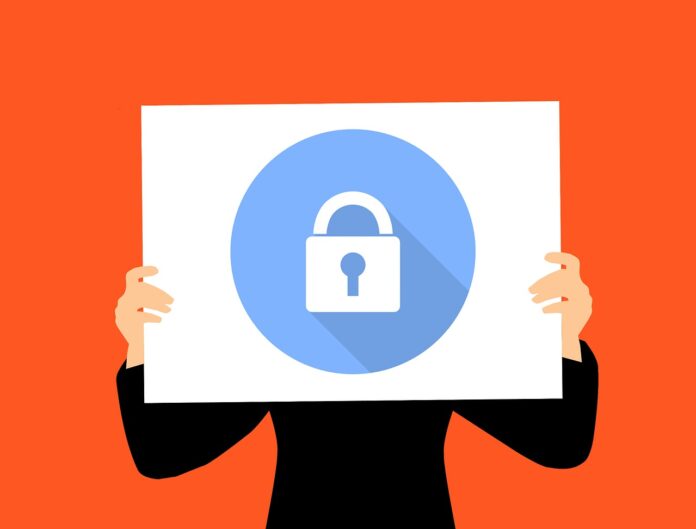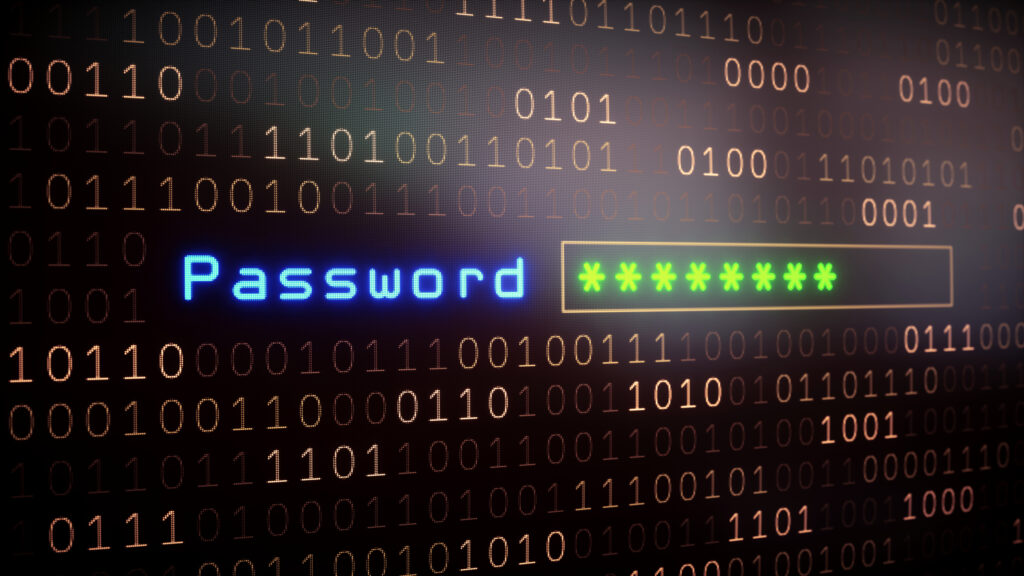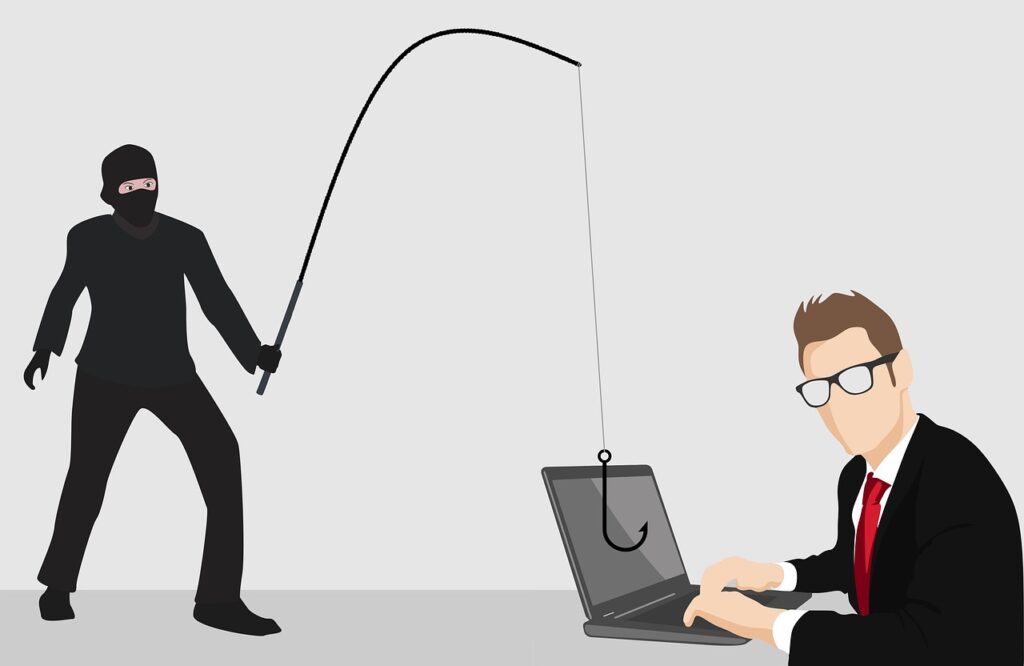
The internet is a wonderful resource for a variety of things. It helps us connect with others, work remotely, entertain ourselves, further our education and so much more. As a result, it should come as no surprise that the internet is used by over 4.5 billion people and rising.
However, this increase in use has also led to an increase in cyber crime. This can range from hacks, to malware, to data breaches and several others. These can put your financial and personal information at risk.
While many companies will use security measures like dedicated servers and server monitoring solutions to stay safe, those aren’t always available for individual users. Thankfully, there are indeed some ways to keep yourself secure and protect your internet privacy at the same time. With that in mind, let’s look at a few tips to protect your internet privacy in 2024.
Use Some Sort of Anti-Virus Software

Having anti-virus software on your computer in 2024 is a must. These pieces of software have the job of protecting your device from any individual or company who is trying to access it. The software finds where you are vulnerable, and adds more strength to those access points.
This software will ensure no intruder can access your computer and won’t be able to monitor your internet usage, install malware or do any other harmful activity. There are several different providers out there, some free and some paid. It is up to you to decide which works for you, and it is a good idea to try out a few before you ultimately decide. Be sure to find one that is trusted and has a good track record of keeping people safe.
Ensure Your Passwords are Strong

One of the most common ways that the privacy of internet users is compromised is because of weak passwords. If you use a weak or predictable password, it won’t be that difficult to access your accounts and steal personal information, money or a variety of other things. Because of this, make sure that your passwords are long and complex. The shorter and simpler the password, the easier it is for someone to guess it.
Instead of waiting until a data hack occurs to take action, you need to start taking password security seriously right now. Using different and complicated passwords for all of your online accounts, you can keep cyber-criminals at bay.
They should not be related to your name, age, children or anything else that people could guess. They should be a combination of letters, numbers and symbols that is near-impossible to guess. In addition to strong passwords, it’s also a good idea to use two-factor authentication for that extra barrier of protection. For best results, also consider changing up your passwords every few months as well.
Watch Out For Phishing and Spam Emails

A popular way for people to try and infiltrate your computer or steal your information is by sending you scam or phishing emails. These will either attempt to have you open a file or link that is predatory, or they will try to trick you into giving them your personal information. If you feel unsure about an email, and you think it might be sketchy, it’s a good idea to simply delete it and not run the risk of being taken advantage of.
Unfortunately, these are becoming much harder to catch as scammers and spammers are becoming more sophisticated. Many phishing emails look very legitimate, and can trick even the most careful of individuals. Before you ever click a link in an email, be completely sure it is from a legitimate source by looking at the email it was sent from. Even then, you should always exhibit caution when clicking a link or attachment in any email.
Consider Using a VPN
Another good way to protect your privacy on the internet in 2024 is by using a VPN (virtual private network). A VPN is all about allowing you to browse and use the internet completely anonymously. They connect to you the internet through another server, thus allowing you to browse in private. It is basically a private network being connected and extended across a public one. It can ensure no one is able to track your internet usage and see what you are doing.
The connection is encrypted, and VPNs also hide your IP address. This will prevent the websites themselves from learning things like your location. A VPN cannot be traced and even if somehow a hacker is able to breach the connection, they won’t be able to decipher the information being sent and received.
If you have a website (either business or personal), it is also a good idea to invest in VPS (virtual private server) hosting, as well. Cheap windows VPS by Accuweb Hosting will ensure that your site is reliable, performs well, is secure and allows you to scale incredibly easily.
Don’t Forget About Your Phone

When most of us think about protecting ourselves online, we think of our computers. However, most of us are browsing the internet on mobile devices rather than on computers. They are everywhere we are, and much easier to check quickly. Despite this, you need to put the same amount of effort into securing and protecting your mobile internet browsing. This means password-protecting your device or a finger/face scan if your phone allows it.
Be sure to look out for respected antivirus software solutions for your mobile device, as well. Also, when downloading apps or games, be sure to only do it from trusted locations, to protect your device from potentially dangerous viruses. As software updates come about for your device, be sure to install them. They often include fixes or additional protection for your phone and personal information. Also, practice good browsing habits, as well.
In conclusion, we hope this article has been able to help you learn how to best protect your internet privacy in 2024. Whether you use anti-virus, strong passwords, a VPN or another solution, there are many ways to protect your privacy on the internet in 2024.











